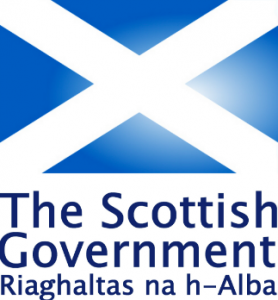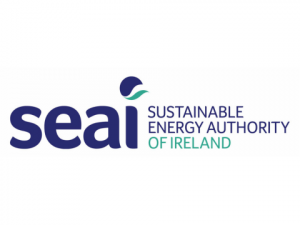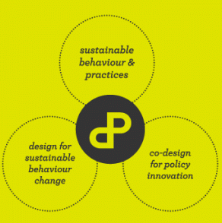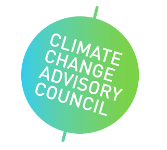“If you were starting from scratch, and you said, ‘Let me create a problem that people would not care about,’ it would look very much like global warming. ”– Dan Ariely

Fight Against Throwaway Culture
Professor Liam Delaney has joined experts from retail, the waste and chemical industries, the public sector, and academia on a Scottish Government panel tackling plastic pollution. This will be part of the Expert Panel on Environmental Charging and Other Measures, an advisory group being established to provide advice on measures which may be adopted in Scotland, within devolved competence, with the goal of encouraging long-term and sustainable changes in the consumer and producer behaviour required to move to a circular economy. To fulfil this remit, the group will have an initial working life of two years, over which time it will deliver a rolling programme of advice on a set of priority items, starting initially with disposable cups and plastic straws. See here for more information.

The Sustainable Energy Authority of Ireland
Professor Liam Delaney is currently on the steering committee of the Sustainable Energy Authority of Ireland’s Behavioural Economics Team. Using behavioural insights, SEAI aims to deliver programmes that are carefully tailored to make it easy and attractive for citizens and businesses to avail of the advantages of clean energy – both in terms of energy efficiency and renewable energy. This will have a range of benefits for people in Ireland, including lower energy bills, warmer homes, improved energy security, and reductions in our greenhouse gas emissions. The SEAI Behavioural Economics Unit focuses on encouraging measurable changes to homeowners’ and businesses’ energy behaviour, using the latest evidence from Behavioural Science and Economics. See here for more information.

“Open Practices”: Environmental Protection Agency
Professor Liam Delaney is currently on the steering committee for the Environmental Protection Agency project “Open Practices” led by Dr. Simon Rafferty. Open Practices aims to understand how the Irish Government and the EPA could help Irish people live more sustainably. It seeks to develop a better understanding of when and how policy interventions informed by behavioural insights should be designed. The primary focus of the research is on areas of resource use in the home and in business that are sources of the most significant environmental pressures. See here for more information.

National Climate Change Advisory Council
We are currently producing a review of behavioural economics and climate change for the National Climate Change Advisory Council. The Climate Change Advisory Council is an independent advisory body tasked with assessing and advising on how Ireland is making the transition to a low carbon, climate resilient and environmentally sustainable economy by 2050. See here for more information.

Academic Research
We are currently working on a project funded by UCD seed funding examining the extent to which social preferences in experimental laboratory settings are informative with regards to real-world environmental behaviour.
Dr. Leonhard Lades is currently an Environmental Protection Agency research fellow, working on a number of projects in the area of behavioural economics. More information on his research is available here.
Dr. Lisa Ryan is currently supervising a PhD student (Ivan Petrov) on behavioural aspects of home energy improvements.
Please see here for a link to our recent paper examining the connection between political and partisan attitudes and willingness to engage with environmental policies being rolled out by the state
